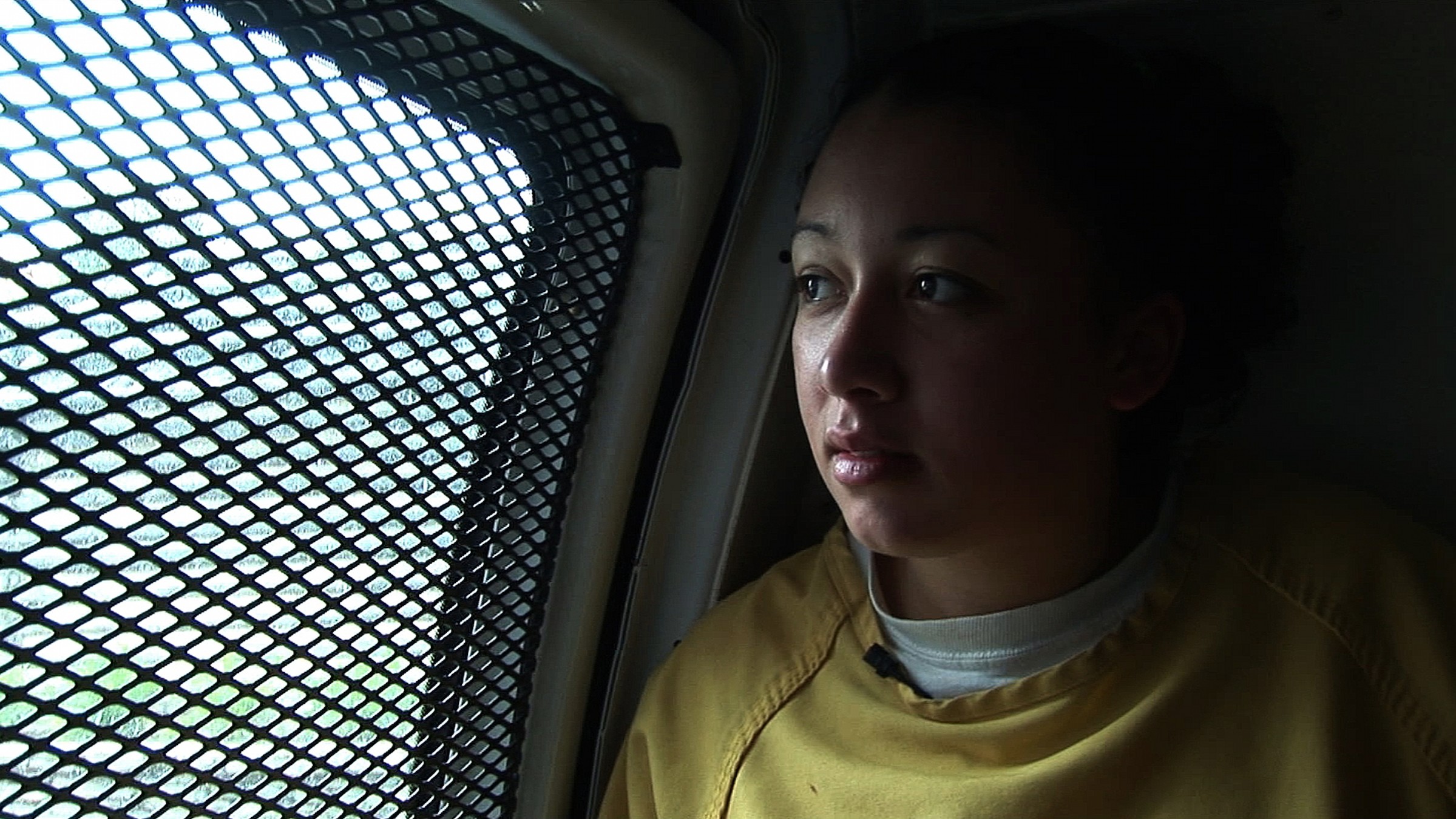After six years, professor reflects on impact of his documentary

A screenshot from USC Annenberg professor Daniel Birman’s documentary Me Facing Life: Cyntoia’s Story, which focused on Cyntoia Brown, a 16-year-old arrested for murder in 2004. Photo courtesy of Daniel H. Birman Productions, Inc.
In 2004, 16-year-old Cyntoia Brown was convicted of murdering a man who hired her for sex, an act she says she was forced into as a victim of sex trafficking. Brown, now 29, has served nearly 13 years of her life sentence in a Nashville prison — but in recent weeks, her story has entered the public consciousness as celebrities like Rihanna, Kim Kardashian West and Lana Del Rey shared their support online through the hashtag #FreeCyntoiaBrown.
Daniel Birman, a documentarian and professor at the Annenberg School of Communication and Journalism, first brought Brown’s story to life through a 2011 documentary titled Me Facing Life: Cyntoia’s Story. At the time, he was inspired to focus on the juvenile experience in the justice system, without realizing its impact years later.
“Back in 2002, I became interested, as a documentarian, in looking into how it is that juveniles can become violent,” Birman said.
When reaching out to the Nashville Public Defender’s Office, Birman said it was very receptive to his interest in the correlation between juveniles and violence.
In August 2004, Brown’s former attorney Kathy Evans called Birman and told him about Brown’s case.
Having not yet acquired support from PBS Independent Lens, the studio that would eventually release the documentary, Birman agreed to interview Brown. Even though he was working alone at the time, Birman said he did not hesitate.
“I got off the phone, I called the airline, and I was on a flight that night, and the next morning I was in Nashville with a camera in my hand,” Birman said. “I started interviewing Cyntoia in the juvenile detention area.”
From that first interview, Birman said Brown came across as an incredibly bright and articulate woman, who was charged with a serious crime.
“I’m looking through a viewfinder of a camera, and I’m looking at a kid [who] just days before had murdered a 44-year-old man who had picked her up for sex,” Birman said. “[That was ] when I really stopped to think about the fact that children are exposed to that kind of cruelty. It made me want to learn more.”
Birman admitted that his parents’ influence growing up, combined with his innate curiosity and stubbornness, all factored into the seven years he spent developing the documentary about Brown.
“My mother was a huge proponent of social justice,” Birman said.
He said she instilled in him ideas of justice and equality. On the other hand, his father worked as a scientist, analyzing complex ideas from different perspectives. When putting those two factors together, Birman believed it was inevitable that he would become a documentarian.
At the very beginning of his journey, Birman took on all of the aspects necessary to develop the documentary — a large-scale project that lead him to return to Nashville frequently, spending entire evenings wide awake.
“I’d be staring at the ceiling, wondering if I’m making the most expensive home movie I could ever imagine,” Birman said.
He would pay for the airfare, the hotel, the car rentals; he also hired Annenberg students from USC to transcribe and examine the footage.
So while Birman was funding his own project, he was also deciding how best to shape Brown’s story.
“I wanted an audience to understand not only what happened to Cyntoia Brown as a kid but also to see what she was up against in a system,” Birman said. “If you see my documentary, you find out that Brown was at the tail end of three generations of violence against women.”
Birman said Brown’s grandmother was raped. Brown’s mother was also involved in drugs and prostitution before becoming a teen mother. By revealing the complexities of Brown’s history, Birman said he hoped to encourage audiences to think differently about juveniles in the criminal system.
“And thankfully the court system in Nashville was open to my telling this story,” Birman said. “What they had to trust is that, as a journalist, I would be fair. And I was, every step of the way.”

Funny how feminists ask us to sympathize with women who commit disturbing and violent crimes, while screaming for the resignation of someone like Senator Al Franken because he took a stupid funny picture.